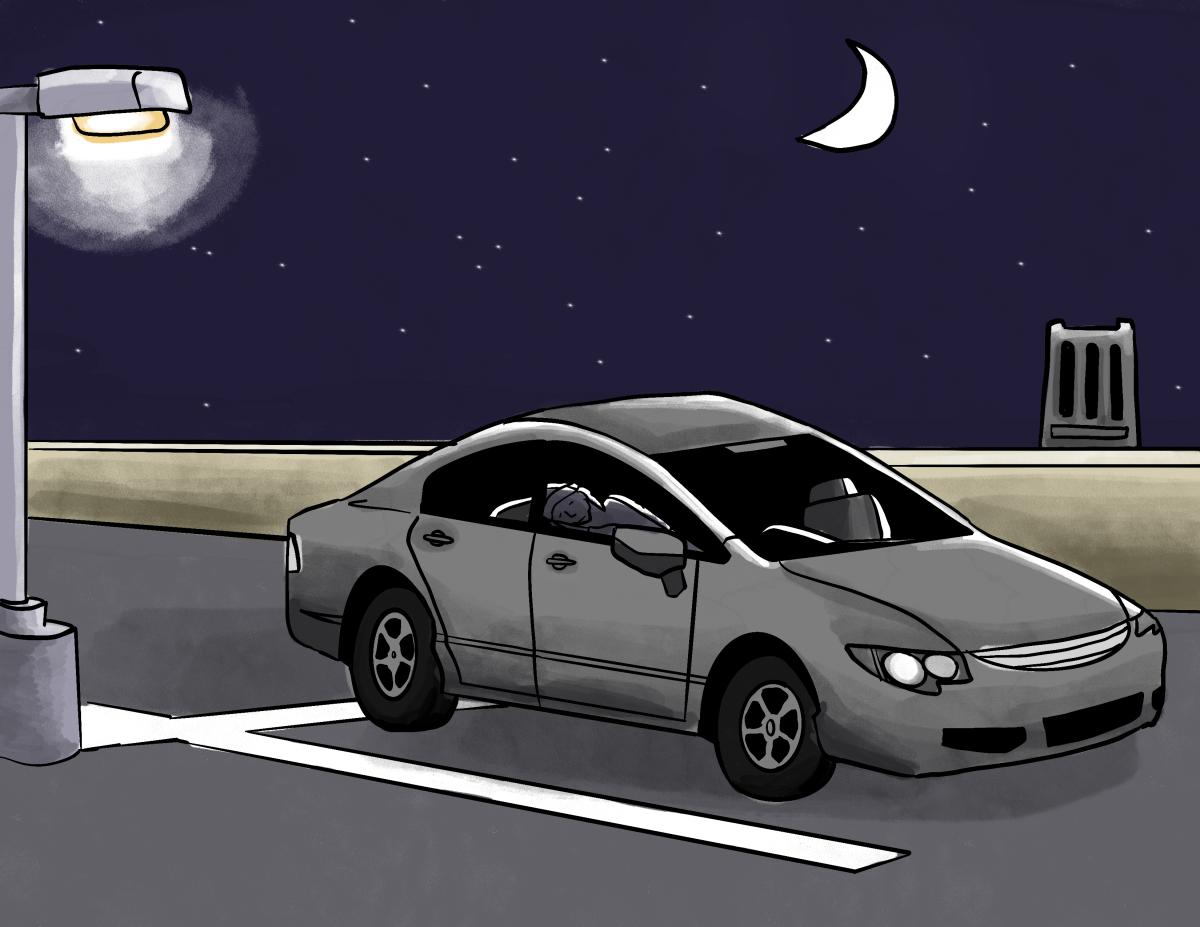NC State’s Steering Committee on Student Food and Housing Insecurity is a volunteer-based group of concerned citizens including NC State faculty and staff and local community members who work to combat student food and housing insecurity.
Sarah Wright, assistant director of the TRIO Programs at NC State, is the chair of the community Steering Committee for Student Food and Housing Insecurity and co-chair of NC State’s committee. Wright said the Steering Committee is a group of citizens who are highly knowledgeable.
“We say concerned citizens, but it is concerned citizens that have direct experience and have research interest and are either nationally or internationally known and respected for their knowledge,” Wright said.
Mary Haskett, professor with a doctorate in school and clinical psychology, co-chairs the NC State Steering Committee on Student Food and Housing Insecurity. In 2017, Haskett said the steering committee started because they were aware of the need for student support regarding food and housing, but did not know how high that need was.
“We decided that the first thing we would do as a steering committee was collect data, so that led to the 2017 survey that we conducted to try to understand the scale of food and housing insecurity among our students,” Haskett said.
According to the 2017 report, 14% of students reported food insecurity, and 9.6% of students experienced homelessness within 12 months of the report. According to Haskett, great things were happening around campus in an attempt to address food and housing security.
Haskett said there were many positive efforts after the 2017 report including moving Feed the Pack pantry to a central location on campus and offering a wider range of foods, the emergency fund was developed and University Housing made a policy change to keep housing over breaks.
“So there were a lot of positive things happening, but most of these efforts were what we call downstream,” Haskett said.
According to Haskett, the downstream efforts focus more on rescuing people rather than considering the circumstances causing food and housing insecurity. Although Haskett said the downstream efforts are crucial, there also needs to be more of a focus upstream.
“There’s nothing wrong with the rescue, but we have got to move upstream and consider what are the circumstances, what are the policies, what are the University practices that are causing some of our students to be really vulnerable to food and housing insecurity,” Haskett said.
When research on food and housing insecurity was done again in 2020, both student food and housing insecurity increased.
“When we repeated the survey in fall of 2020 we found that the rates of homelessness and food insecurity actually increased in spite of a lot of efforts by various units across campus,” Haskett said.
According to Wright, the steering committee creates guidance materials from the committee’s personal, professional, academic expertise and experience for what the University could do to improve student access to basic needs. Wright said this guidance is to help the University be a positive place for students where they can make progress toward their degree, but also making sure that campus is accessible.
“There are so many aspects of what the University offers students that become inaccessible as a result of not having access to basic needs,” Wright said.
Etienne Phillips, a second-year studying mathematics, said he has been both food and housing insecure. According to Phillips, having to worry about being food or housing insecure adds a constant level of stress.
“That kind of stress and that anxiety is so deeply taxing, and that on top of the classes I’m doing, and the extracurriculars that I’m a part of,” Phillips said.
According to Haskett, The Call To Action, published in 2019, outlines specific steps that the University could take to achieve the committee’s vision.
“The Call to Action really was a strategic plan for the University to begin making some pretty significant strides in decreasing basic needs and security among our students,” Haskett said.
The Call to Action includes specific goals along with systems-level recommendations to meet the desired outcomes. According to Wright, these goals and recommendations were based on Haskett’s research and the personal and professional academic expertise of steering committee members.
“We strongly believe that our recommendations for best practices are accurate, you know, they are reasonable, they are grounded in research and professional experience,” Wright said.
With an increase in student enrollment next year, Haskett said she is worried about even more students having to deal with food and housing insecurity without any additional resources.
“This is real, and these are real people’s lives,” Haskett said. “And we have students, tonight, sleeping in their cars. So this isn’t some theoretical problem out there. It’s right here on our campus today.”
Haskett and Wright both said the steering committee is looking for student volunteers.
“We are always seeking involvement, student voices are really central to the work of this steering committee, ” Haskett said.
Contact Mary Haskett or Sarah Wright to learn how to get involved at mehasket@ncsu.edu and skgould@ncsu.edu.















